It was not until 1986 during Doi Moi that Vietnam opened its doors to foreign trade and investment. Before that, the country had gone through two brutal wars against the French and the American. Resources were lean, and the happiest family would be one with just enough to live by.
This hardship, combined with more than 2,000 years of Confucianist philosophy, makes the Vietnamese definition of happiness different from the Western culture where individual desires give way to collectivistic needs, while stability becomes the backbone of happiness.
As my twelve-year-old self lay in bed with the soothing lullaby from my mother, I asked her, softly: “Mom, what are your dreams?” She gave me three responses: that our family always eat three meals per day, be in no debt, and that her sons would grow up to be successful businessmen or doctors.
It is through stories like hers that one understands how Vietnamese define happiness. Below are five different shades of happiness through the Vietnamese language.
No Nê — A Full Belly and a Grateful Heart
In other words: That warm, sleepy contentment after a filling meal, especially meaningful during post-war years or lean times.
Growing up, I never heard my mother talk about luxury. But I did hear her sigh in quiet satisfaction after dinner and say, “Hôm nay ăn no nê quá.” That single phrase, no nê, carried not just fullness, but also a mother’s fulfillment of carrying her family through the day.
There’s a saying in Vietnam: “Căng da bụng, trùng da mắt” (when the belly’s tight, the eyes lose fight.) During the ten years before Doi Moi (1976-1986), when food was scarce and occupations were mostly laborious, people were often undernourished. To be full was to be privileged, and to have a siesta after lunch meant one did not have to carry the baggage of livelihood.
Though modern Vietnam has changed, with cities rising fast and dinner tables more abundant, the meaning of no nê remains. It symbolizes a life of modest abundance, where peace does not come from excess but from having enough.
In the dream of a Vietnamese mom like mine, happiness is never far-reaching, so long as each meal is held with quiet gratitude.
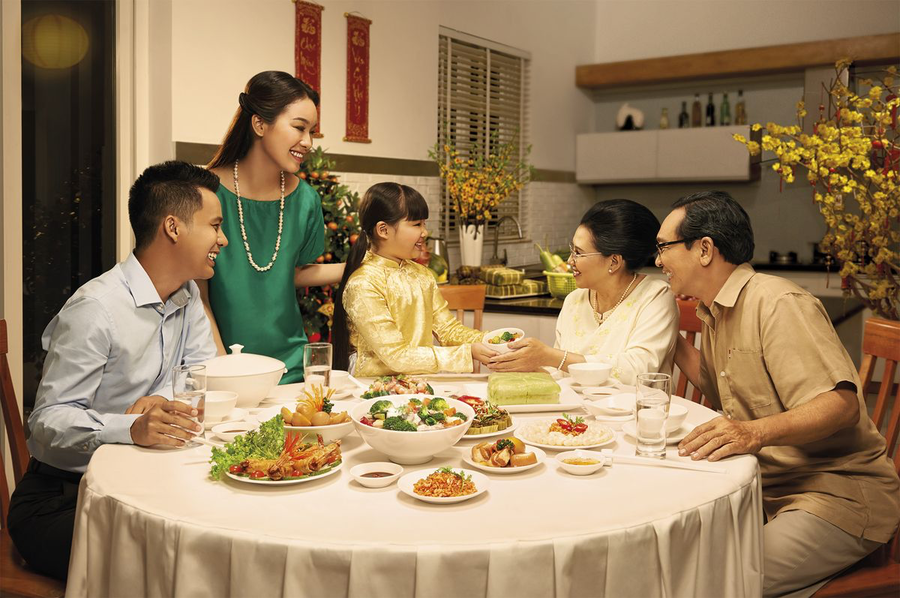
Hân Hoan – Quiet Anticipation
In other words: The Vietnamese way of treasuring what is to come, with hope, love and quiet excitement. In that quiet anticipation, there will always be the companion of your loved ones.
Hân hoan is not as loud as the celebration itself. There is this kind of buildup that charges the silence before the doors open. It is the thrill of waiting at the school gate with my mother, of watching for my high school entrance exam results, trying not to show how our hearts beat a little faster with every passing moment
I remember feeling hân hoan as a child the night before Tết (lunar new year). The house smelled of sticky rice and orange blossoms. My grandparents stayed up wrapping bánh chưng (rice cake) while humming an old folk tune. The restlessness of anticipating the red envelopes, firecrackers and laughter from my cousins was unforgettable.
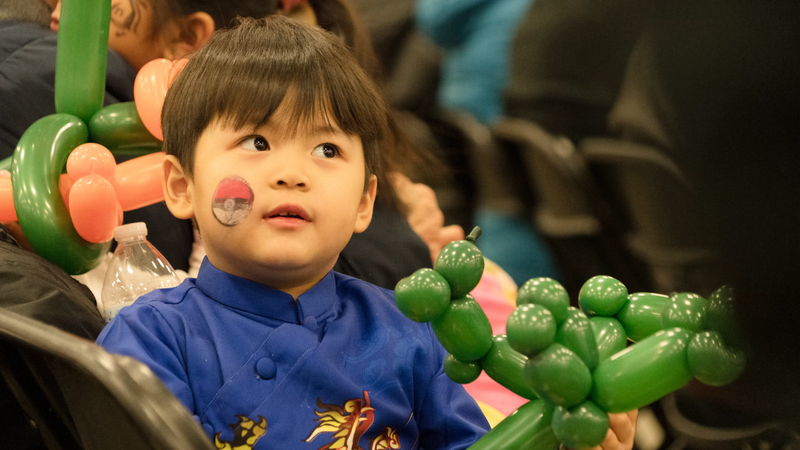
Hoan Hỉ – The Joy Of Letting Go
In other words: The joy that greets you at the door, the laughter shared at someone else’s success, and the peace that comes from letting go.
If somebody scolds you for no reason, they might just be having a bad day. If the server brings the wrong order to the table, maybe she was too busy with her job. The definition of hoan hỉ is to not yearn for more and let go, even when life does not go as expected.
In Buddhism, hoan hỉ carries deeper spiritual layers, including “tùy hỉ” (rejoicing in the merit of others) and “hỉ xả” (releasing resentment with patience).
There is an element of selflessness from this philosophy of life. My grandmother, a staunch Buddhist, used to wake before sunrise to cook every day at the pagoda near my house. Like other volunteers, she never asked for recognition. Even when there was not much on the table, they offered meals with full heart and joy.
Hoan hỉ is a reminder that happiness, at its best, is never kept. It is always passed along.
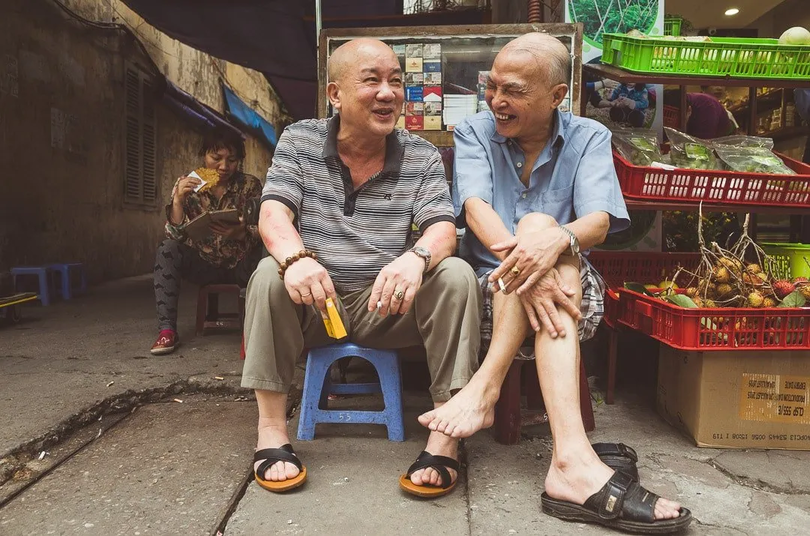
An Yên – Peace in Stillness
In other words: a quiet morning, a cup of coffee, and the ultimate inner peace when nothing could shake your soul.
“Tâm an, vạn sự an” – When the heart is at peace, all things are at peace.
Unlike hân hoan or hoan hỉ, which are expressive and outward-facing, an yên is inward. It is the feeling of coming home after a long journey. The silence that is embraced, or the calm you feel when your loved ones are nearby and nothing is missing.
There’s a moment that comes just after a summer shower in the Vietnamese countryside, when the world falls still, and the air is thick with the scent of wet earth and bamboo. The grind of corporate life cannot reach this place. You are in touch with yourself. No triumph, no drama, just peace and safety.
I often saw an yên in my grandfather, who passed away six years ago. He would sit by the window, sip tea slowly, a gentle smile resting on his face while the sound of cải lương echoed softly from the old radio. He did not speak of joy, but everything about him radiated peace.
In a fast-changing Vietnam, where skyscrapers rise and traffic hums without pause, an yên has become more precious than ever. It reminds us that happiness does not always manifest through fortune and accomplishment.
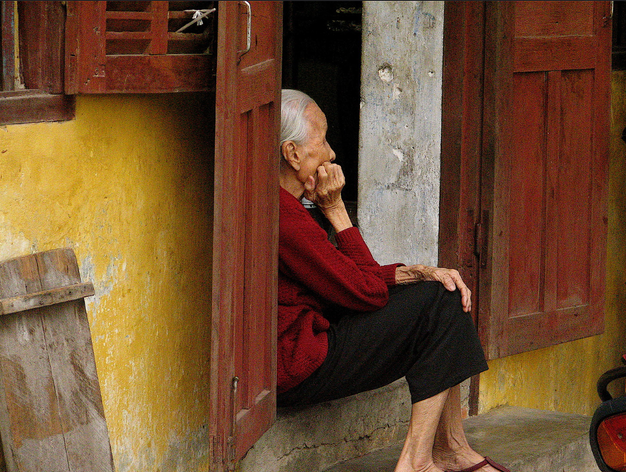
Viên Mãn - Happily Ever After
In other words: The quiet pride of watching your grown children laugh around a dinner table you once struggled to build. Viên mãn is the fullness that comes not from having it all, but from seeing what you've nurtured.
If no nê is physical satisfaction and an yên is emotional peace, then viên mãn is the kind of happiness that comes at the end of a well-lived story. It is the quiet pride of parents watching their children raise families of their own. The serene smile of a teacher meeting a former student who has grown into their promise.
My mother once used this word when speaking about my grandfather after he passed: “Ông sống một đời viên mãn rồi.” – He lived a fulfilled life. Like many ordinary men, he did not leave a legacy in the history book. His legacy was, beautifully, three grown-up daughters and a nuclear family of well-raised kids.
Viên mãn is the final exhale, the one that carries no regret.
Viên mãn is what every Vietnamese parent quietly wishes for: that at the end of the road, the dishes are washed and the house is quiet. There is joy and that joy is whole.
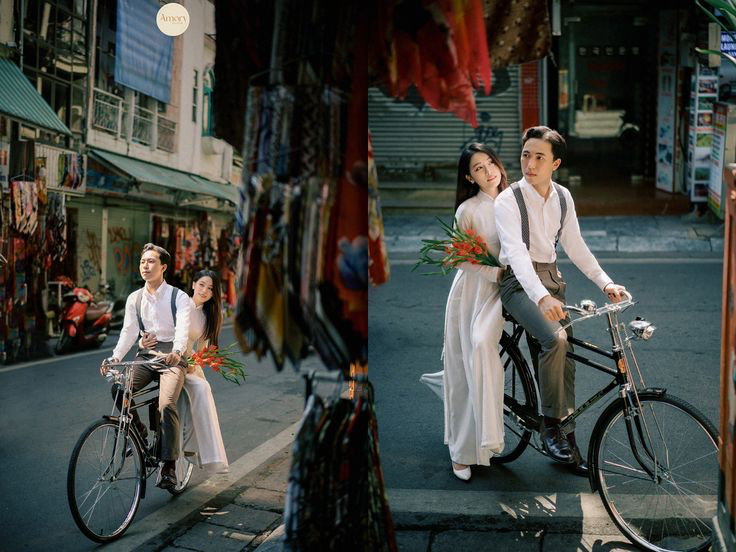
For my mother, happiness meant three meals per day, no debt, and a dream for her children. For my grandfather, it means a warm cup of tea and the sound of cải lương (traditional art performance in Southern Vietnam) on an old radio. And for me, as I write this, it means understanding that happiness exists in every small corner of life.
Being happy does not necessarily mean asking for more. It is about knowing you are enough. Enough food to feel no nê, enough love to feel hân hoan, enough compassion to live with hoan hỉ, enough quiet to rest in an yên, and enough life to look back in viên mãn.
